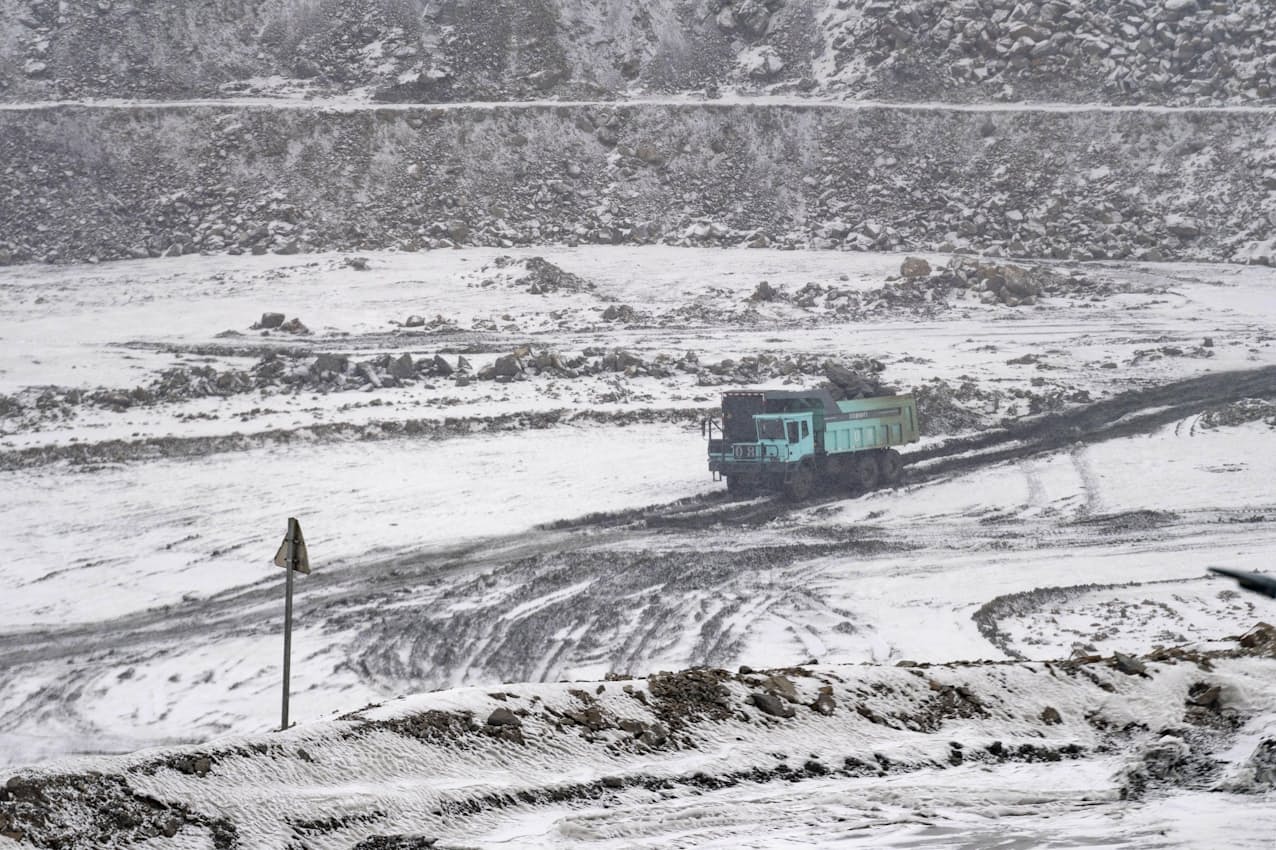
Companies Must Prepare for Risk of Division between US and China
Business leaders must accurately assess their current situation and take swift measures to minimize the damage in advance of any unforeseen emergency.
The primary risk of division between the U.S. and China is economic coercion. The Chinese government strengthened export controls over graphite, a key material for electric vehicle batteries, in December 2023, for example. As a result, battery-related companies like Mitsubishi Chemical Group are facing challenges in sourcing raw materials at their Japan domestic facilities.
It is unclear whether this situation will be temporary or long-term. However, companies must diversify the source of procurement and depend less on China.
Mitsubishi Chemical is considering other countries such as Mozambique as alternative supply sources. Panasonic Energy, a major company in batteries, has initiated joint research with a Canadian graphite company. Although it increases time and cost, it is essential to diversify resources to keep China in check.
Similar to past oil crises, Japan must take measures such as stockpiling, diversifying sources, and developing alternative resources and technologies to reduce vulnerability due to dependence on foreign resources. Companies and the government must take a comprehensive approach to collaboration to overcome such vulnerabilities.
It is also crucial to keep strategic technology within Japan. There are many areas such as electronic components where companies in Japan are leading. Leaking of technology poses a potential risk of establishing a joint factory overseas, something that could affect the entire industry.
This is a troubling issue, but we need a general consensus among the entire industry that such technology should remain outside the public domain. We might need to take legal steps to deal with competition policy issues.
On the other hand, there are export restrictions on strategic technology imposed by the U.S. that constrain Japanese companies. While it is necessary to comply with enforceable regulations, companies also want to avoid excessive compliance that might lead to missed business opportunities.
It is also important for companies to urge the governments of Japan, the United States, and others to refrain from blindly expanding export restrictions. In this regard, Japan would likely work well together with U.S. industry.
The year 2024 is expected to be a critical year for the success of companies given the geopolitical risks that are significantly influencing their fortunes.

